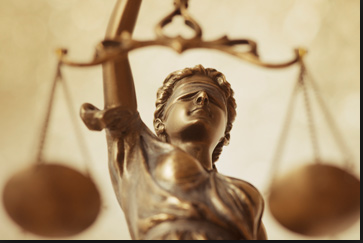JFShults
Around noon on August
9th, 2014, in the nondescript St.Louis suburb of Ferguson, Missouri, every
principle of the American ideal was tested and laid bare to the world. An armed
agent of the government was brutally attacked by a man holding the meager
proceeds of his strong armed robbery minutes before.
Michael Brown,
African-American, is now memorialized with a permanent marker at the site of
his death near his day's start of a quest to smoke the morning away. His
funeral was a national spectacle, attended by representatives of high office.
The cigars for his
recipe were stolen with a forceful shove from a hard working Asian-American.
This shop owner continues his daily struggle as a forgotten victim.
The armed government
agent, of caucasion heritage, whose face was smashed and who fought for his
life against his own duty sidearm is now in hiding after every scientific and legal
proof of numerous investigations showed that he acted within the law.
This story as I tell
it, factually incontrovertible, will never be read dispassionately - the
reader's blood pressure and pulse are already on the rise no matter with whom
one’s sympathies lie. Facts alone do not tell the story, for the story is as
old as the nation itself and contains every emotion born of the human desire
for freedom, with all of the slogans and mythologies that history records in
every era.
The story is about power,
privilege, fear, poverty, and the essence of government. The story is about the
political exploitation of race, how we rage, and a search for the answer to
Rodney King's plaintive question: can't we all just get along?
Most importantly, the
story is about what we are not allowed to discuss. The rhetoric of easy,
pleasing answers demands 24/7 surveillance of law enforcement, millions of
dollars thrown at training and commissions and investigations - all of which
are largely "reform theater": looking like we are all really doing
something about a problem the public seems to want us to do something about. It
will be used as long as it can obscure other national embarrassments, or to
maintain some degree of mollification until more urgent news pushes it to a
vague memory.
We are not allowed to
discuss realistically the needs of law enforcement to accomplish the demands of
its public. We used Tasers and the outcry was "too much shocking!” We
shoot armed criminals and the outcry is "why didn't you just use the
Taser?" We dress and act tactically
and are told to "soften" up and be guardians and not warriors, yet
when a theater, or cartoon convention, or military base is attacked our shiny
shoes and the bullet in our pocket can't protect those who depend on us. We
acknowledge the soul-killing brain crush of the job and yet force our officers
to keep their need for mental health services a secret or lose their career.
We can't discuss that
because black lives matter we need to find a solution for black victims of
black perpetrators. The rare police shooting must be headline news with the
obligatory riot while black homicide victims at the hands of black killers in
any given year would stack four across and up to the observation deck of the
Empire State building. But to address that would be racist, irrelevant,
generate no headlines, and embarrass leadership that depends on misdirected
fear.
We can't ask what we
can do for our country, we must only demand what it can do for us. We can't
invoke Martin Luther King's call for non-violence to change hearts. We can't mourn
black police officer's deaths. They are not sufficient fodder for political
platforms, votes, and headlines.
The lesson of Ferguson
will not be found in the noise or the flames or the headlines. It will only be
found in the silence of what we fear to discuss.

